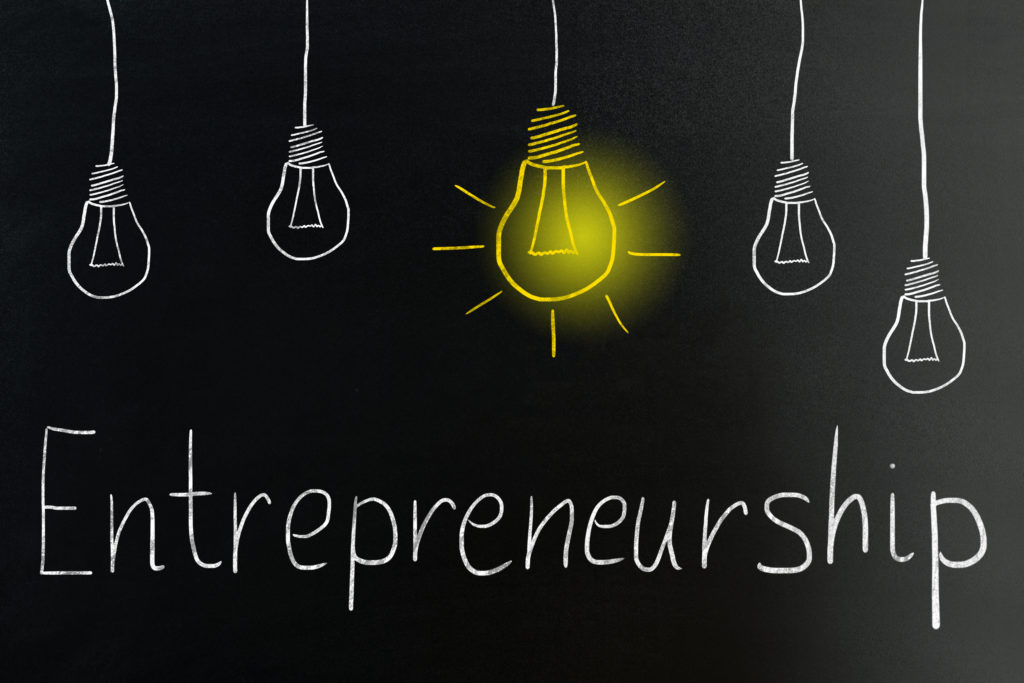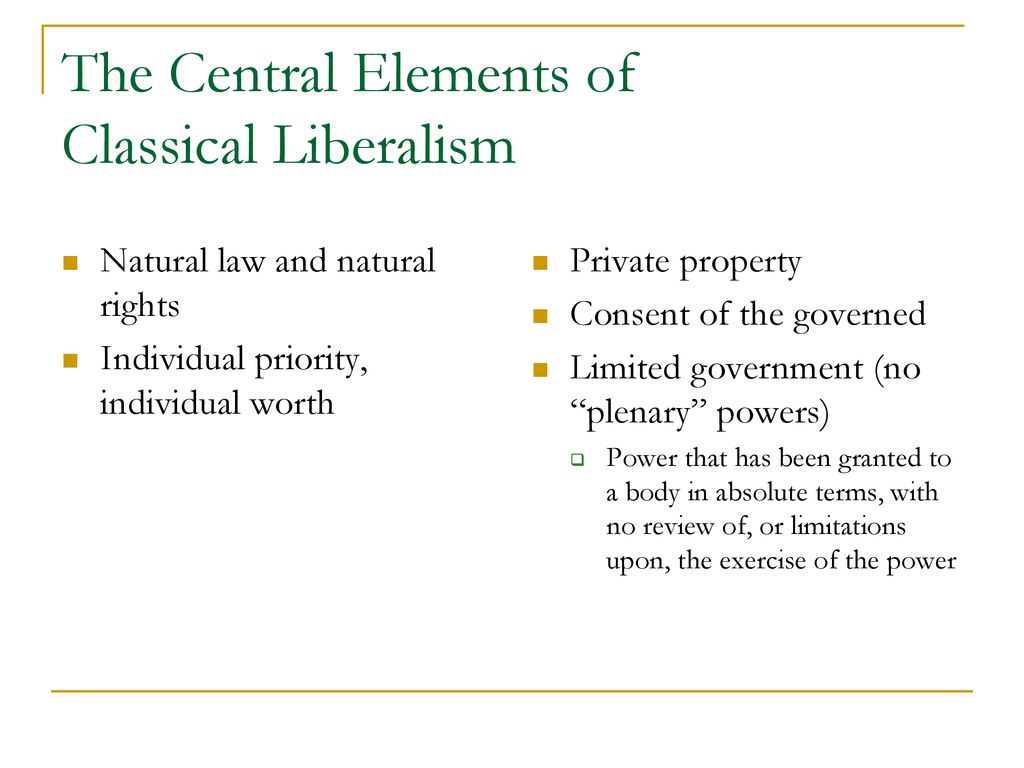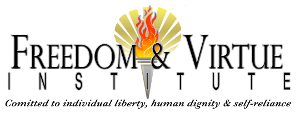As our nation and the world fight an invisible, deadly disease, it is important to raise our prayers to God and focus on the most meaningful things: life itself, those we love, basic necessities, loving each other. It is important to note that a crisis is a two-edged sword. It can help us grow and flourish as human beings by searching for wisdom or it can bring about the worst in us, the triumph of basic instincts for survival and raw utilitarian calculations at the expense even of the good of others.
A crisis is also a tried and trusted tool for those with statist aspirations. A crisis brings about fear and fear is the triumph of feelings over reason. No wonder statism conquers the day during a crisis! Fear seems now to be the true pandemic instrumentalized to dim the light of freedom. The worse consequence of statist intervention during a crisis is that it has an effect in the collective mind, easing the furthering and permanence of interventionism as a necessary action. It becomes more difficult to convince people that freedom works better.
Here at the Freedom & Virtue Institute, even during a crisis, we insist that the entrepreneurial vocation is an intrinsic feature of the good society. God was the first entrepreneur! Entrepreneurs are co-operators with God as they put their hands in the created landscape to produce wealth. It is only in freedom that they can mobilize their creativity. They mobilize economies away from the fears of crisis that promote passivity, isolation, and the search for the mirage of security. Only productive societies survive and thrive. In fact, entrepreneurs are the ones who solve the main problems created during a crisis.

Here at the Institute we still defend, more than ever, the free market. That system consisting of an array of voluntary exchanges between people. Individuals (or agents) exchange either tangible commodities or nontangible services and promote with their exchange, the good of all. I give up money, and I receive a good or service. Or I exchange my labor services, in a mutually agreed way, for a monetary salary. Or I use my imagination and creativity to solve problems such as, say, killing a virus.
The exchange happens because each expects to gain from it. Trade, or exchange, is engaged in precisely because both parties benefit. If they did not expect to gain, they would not agree to the exchange. The assumption is of a win-win situation, a “positive-sum” rather than a “zero-sum” or “negative-sum” one. If that does not occur, I will not trade again. If we don’t soon return to unleash the potentials of such system, the consequences for our world will be more harmful than any pandemic. This system necessitates free individuals exchanging goods, items, commodities, labor, services—it necessitates activity and risk, not passivity and fear. And it has proven to be the best economic system humans have created because it is built on individual freedom, not on top-down plans and the clever concoctions of the apparatchik. The results of free and voluntary exchange are just by definition and they are good for society.
Some people have come with all sorts of distortions to “improve” on freedom: confiscatory taxes, tariffs, excessive regulations, government power to benefit some, price controls, state-controlled corporations, the welfare state, intervention on top of intervention. A classical liberal affirms the tenets of a society informed by political, economic, and individual liberty. The individual bears rights and the space of his autonomy, that space which belongs to him, is inviolable. Some of us who affirm these tenets also affirm a Christian/Natural Law embodiment of these rights, an overarching realm of values and principles that help us place each liberty in its proper social context.

A Natural Law Classical Liberal must believe in limited government. We understand that basic communities are most important and that alongside these, government plays a secondary role. That is, we affirm that the said basic communities, those to which individuals belong directly, are primary, while communities of a higher order, such as the state, are secondary. These are matters of principle, not of utility. Affirming that one believes a community of a higher order can better perform a task is of no value to us if the task belongs to a basic community that can perform that task.
Yes, let us be prudent at a time when our health is at risk. Let us also be prudent in not letting fear kill the health of a free society. No, it is not true that the only institution strong enough, causative enough, is the state. We commit to not let fear conquer the day. We commit to reaffirming our trust in the free and virtuous society even at a time of crisis when statists see blood on the waters of liberty.
About the Author: Ismael Hernandez is the founder and executive director of the Freedom & Virtue Institute. an organization dedicated to the promotion of the ideas of liberty, faith, and self-reliance. Ismael is a regular lecturer with the Acton Institute in Grand Rapids, Michigan, and has spoken at Heritage Foundation, the Cato Institute, the Foundation for Economic Education and many other organizations. He is a regular speaker at service clubs around the country and is the author of the acclaimed book Not Tragically Colored: Freedom, Personhood, and the Renewal of Black America. He is a noted expert on questions of effectively serving the poor and race relations.


